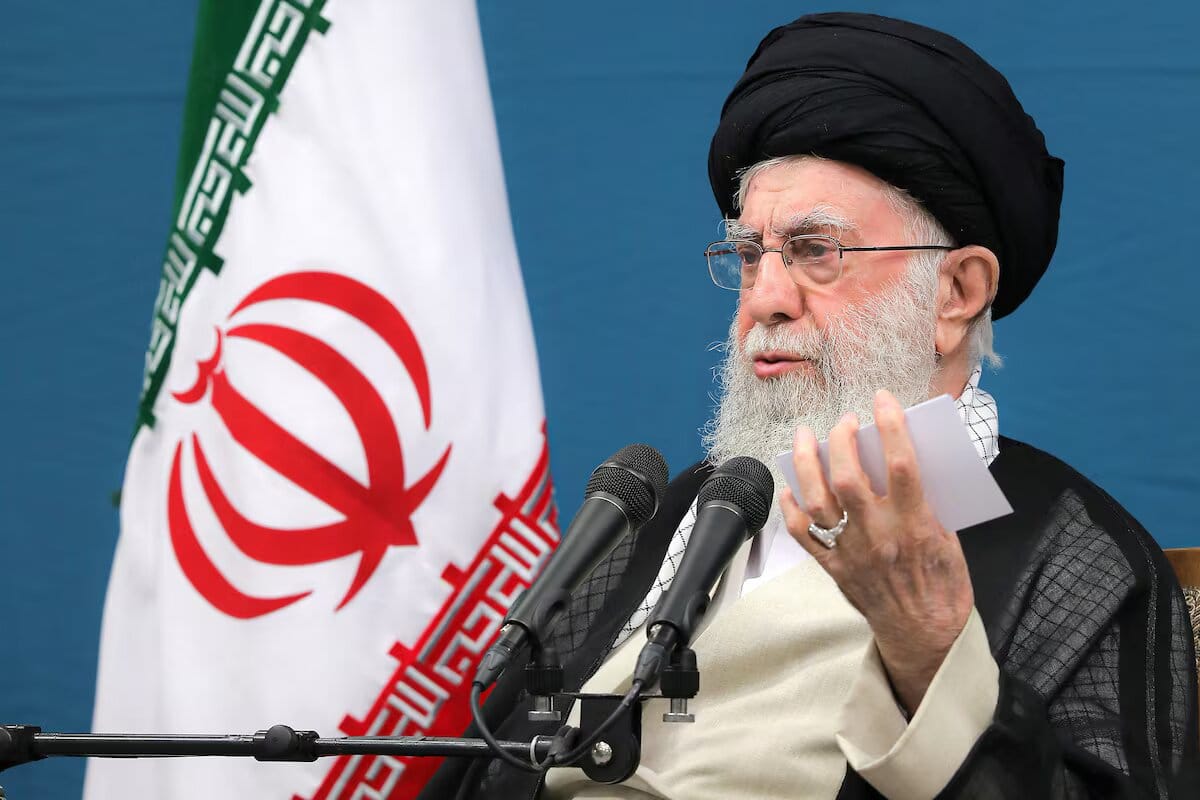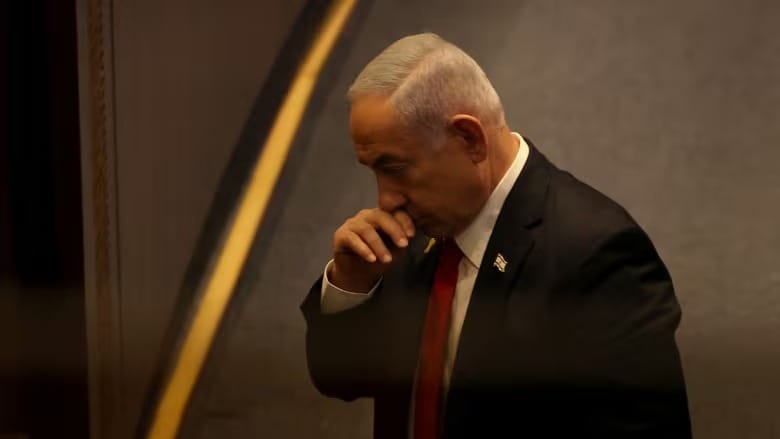Supreme leader of Iran invites Washington to negotiate Tehran's Nuclear Program
He set boundaries for any potential talks, cautioning that while interaction is possible, trust in the U.S. should be avoided.

Iran’s Supreme Leader, Ayatollah Ali Khamenei, has signaled a willingness to engage in renewed negotiations with the United States concerning Iran's advancing nuclear program.
On Tuesday, Khamenei told Iran's civilian government that there was “no harm” in interacting with the U.S., described as the country’s “enemy.”
He set boundaries for any potential talks, cautioning that while interaction is possible, trust in the U.S. should be avoided.
Khamenei’s remarks recall the period around the 2015 nuclear deal, which significantly curtailed Iran's nuclear activities in exchange for the lifting of economic sanctions.
However, the current situation is complicated by ongoing regional tensions, particularly the Israel-Hamas conflict, and the upcoming U.S. presidential election.
“There is no harm in interacting with the same enemy in certain situations,” Khamenei stated, but added that expectations should not be high. He reiterated his stance that the U.S. should not be trusted.
Since the collapse of the 2015 deal following the U.S. withdrawal in 2018, Iran has exceeded the agreement’s limits on its nuclear program, enriching uranium to near-weapons-grade levels and restricting access for International Atomic Energy Agency (IAEA) inspectors.
The U.S. State Department has emphasized that it will evaluate Iran’s intentions based on actions rather than words, and has called for Iran to halt nuclear escalation and improve cooperation with the IAEA.
Tensions between Iran and Israel have intensified recently, especially following a drone-and-missile attack on Israel by Tehran in April and retaliatory actions against Iranian interests in Syria.
Iran’s new President, Masoud Pezeshkian, elected after a helicopter crash killed his predecessor, has shown interest in re-engaging with Western negotiations. His remarks align with a campaign promise to pursue dialogue with the West.
Pezeshkian’s foreign minister, Abbas Araghchi, was a key figure in the 2015 deal.
The U.S. presidential election on November 5 will also impact the dynamics, with Vice President Kamala Harris and former President Donald Trump as the leading candidates.
Concerns exist over how Harris, who has expressed a strong stance against Iran, might influence future negotiations.
The RANE Network suggests that if Harris wins, the likelihood of a deal may increase as the Israel-Hamas conflict subsides, but warns that Iran may seek stronger safeguards to prevent another U.S. withdrawal from a new agreement.





